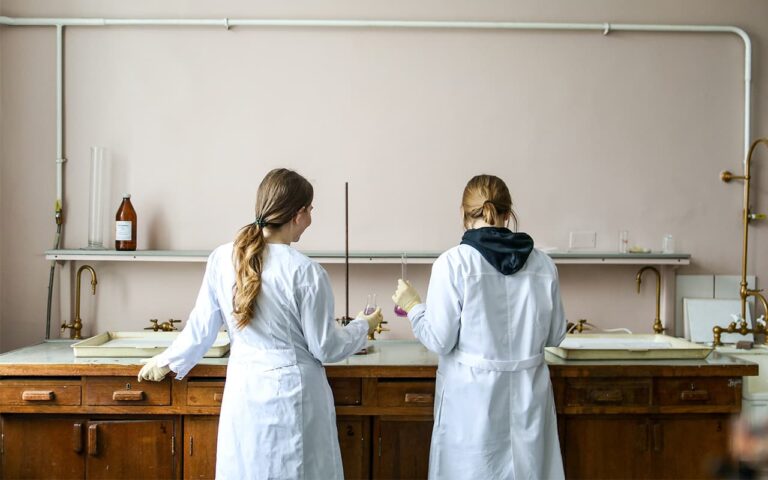Researchers have discovered that there is a potential cure inside us for a painful and deadly disease that makes life hell for hundreds of thousands of people every year.
Every year, about 150 thousand people in the United States alone learn that they have colon or rectal cancer. Although regular screenings have somewhat reduced this figure, it is still a serious health problem. For example, if you take a group of 23 men or 26 women, then, according to statistics, one of them is likely to develop this type of cancer at some point in their lives. But it seems that for the first time, scientists have managed to lay out a roadmap to fight this disease, writes New Atlas.
One of the problems associated with this type of cancer is its resistance to common treatments. Only about 10% of patients benefit from them. Thus, the main method of treatment remains surgery, which involves removing the cancerous tumor. While it can help a patient live longer, it is also not without drawbacks that affect aspects such as daily life and comfort.
But scientists at the Olivia Newton-John Cancer Research Institute at La Trobe University, Australia, have found a clue that could fundamentally change the way we fight bowel cancer. They found that the body’s response to this cancer largely depends on a specific set of immune cells in the large intestine.
Dr. Lisa Mielke, one of the study’s authors, explained that these gamma-delta T cells are like the body’s guardians in the gut. These cells constantly monitor and protect the inner lining of our intestines, always ready to fight the potential threat of cancer. A group of researchers noticed that patients with bowel cancer whose tumors had more of these protective cells fared better.
But there’s another side to the story that the scientists discovered in their research. A study of a huge community of microbes in the large intestine showed that these special T cells contain a molecule called TCF-1 in greater numbers. It turned out that this molecule acts as a brake, keeping our gamma-delta T cells from effectively fighting bowel cancer. Marina Yakou, who was also involved in this study, explained that when they removed this molecular brake in laboratory models, the immune cells became more active, resulting in significantly smaller cancer tumors.
This groundbreaking discovery gives scientists a new direction for creating specialized treatments for bowel cancer. Understanding the interactions between our immune cells, microbes in the gut, and molecules such as TCF-1 will allow us to find more effective ways to diagnose this disease, and in the long run, more effective treatments.
This study sheds light on the intricate relationship between microbes, immune cells and cancer in the intestine. It opens up possibilities for potentially reducing the risk of developing bowel cancer and improving the effectiveness of treatment, which is certainly a beacon of hope for many millions of people.








